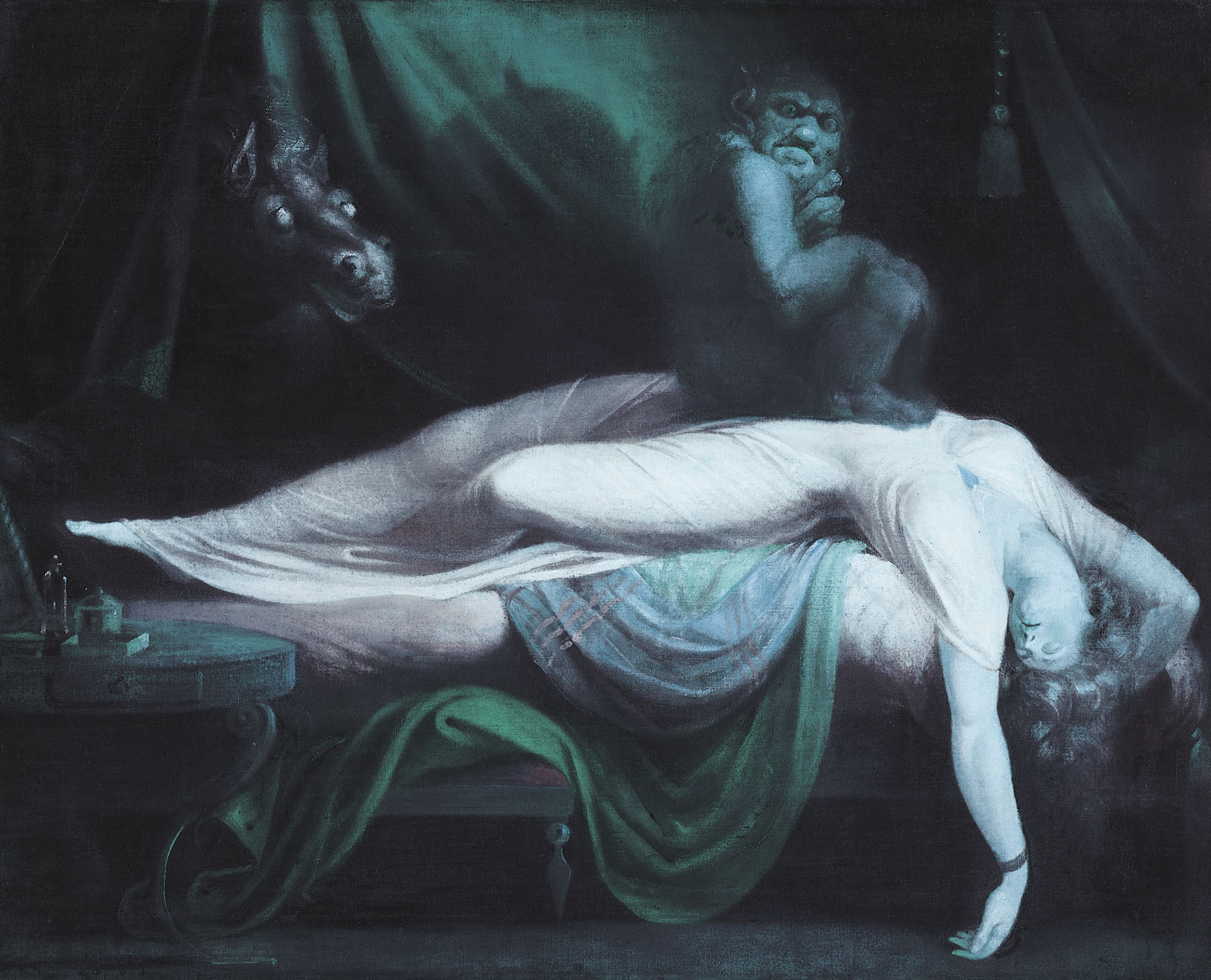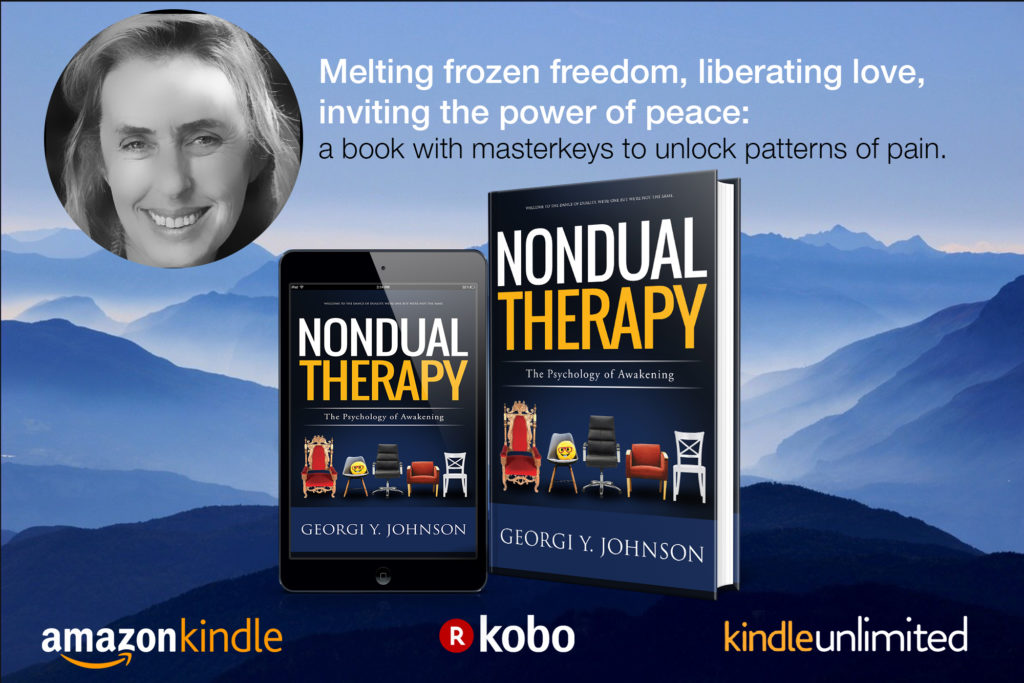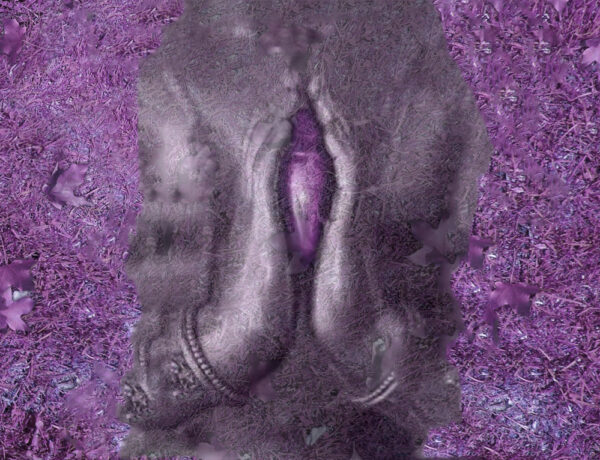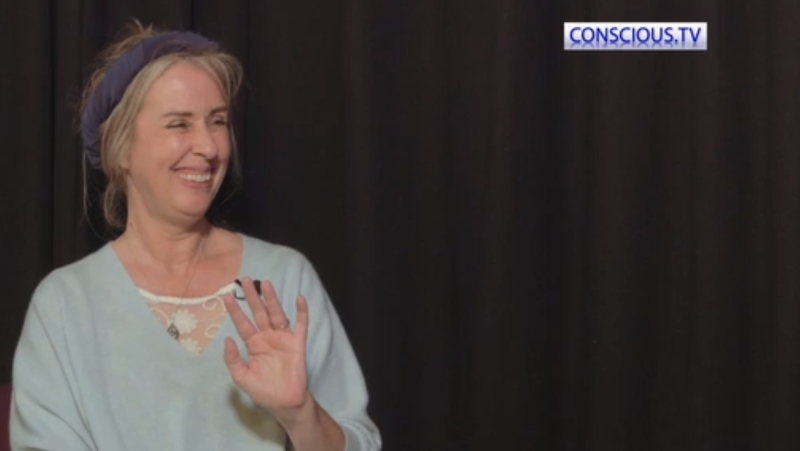When division bells are ringing and wars are breaking out inside ourselves and in the world around, a yearning for freedom (or even a rage for freedom) can be an engine of destruction.
Empowered by the fresh taste of clarity and truth, the discovery that our freedom has been lost or abused invites an inquiry into the fundamental structures of mind and the way these belief structures put limitations on our consciousness.
From the times of priests and exorcists to the modern day, these formulations of mind are fortified by beliefs in the illusion of possession.
“You cannot possess that which is truly yours.” ~Georgi

All that you are, all that you feel, all that you see, all this could be yours, if only you don’t attempt to possess it.
From the great beast of consumerism and a world that equates inner value with the “stuff” that you own, through to fundamental concepts in institutions such as marriage where the woman in many cultures is “given” to the man, the illusion of possession can by the fallacy behind some of the most senseless conflicts of our time.
Out of the belief in possession, the shadowy energy of theft is born. The illusion of possession also births the great demons of jealousy, or hatred of the “other”. It leads to toxic competition, violence, murder and war.
The desire to possess, and the belief that this is possible, narrows the windows of perception until the actor finds himself at war with existence itself. And that ‘thing’ which is then possessed, must then be defended, lest others seek possession also. This threat creates senseless reactions, a universe of negative emotion, shame, guilt and a spinning mind of thoughts trying to justify the agenda to possess.
Is there anything in heaven or earth that can truly be held onto, forever? Who is the one that seeks to hold, and why?
When the agenda of possession is satisfied, with a short term fix, it is never enough, and of itself it begins to birth more suffering. This is because if there is a belief in possession and that the object, person, job, land or status can be “possessed” then the acquisition is fragile. It can be taken away. Others could possess it back. It needs to be defended. It needs to be chained up or nailed down.
There can never be peace in form where the belief in possession persists.
To find oneself possessed
There is a native American saying that the one who believes in possession will become possessed.
Within the agenda of possession there is a deep split in the psyche. This split is connected to an inability to really know who the one is that seeks to possess.
Who is this one? The one that turns consciousness towards a world of objects, diminishing other people to the position of objects and seeking to chain them down in a manner that they can be owned?Could it be that this one – this basic structure of ego based on illusory identifications – is also possessed? Possessed by fear?
Let’s take an example.
Something in you seeks to possess status, a certain “special” position in the world. What is this something in you, that needs this exclusivity? Why does it need it? Why is this something incomplete without it?
Could it be because this structure that seeks to possess is in itself a “possessed” aspect of ourselves? An aspect that has been severed from the whole by trauma?
A wise friend once said that the gates of hell are inscribed by the words “More” and “Better”.
What is the threat? That if the possession game is not acted out, then this one (the one we believe ourselves to be) will get less, and indeed that you will be “less” than anyone else?
This one – this ego entity that seeks possession – is itself possessed by the illusion of possession. And it is a very sad animal indeed. Sad, because no matter how much it eats of the natural resources of the whole, it just can’t get enough.
The insanity of possession
If something or someone were truly yours, then you would not be able to see it as separate. Possession demands separation. Without separation, there is no “other” or “thing” to possess. That which is truly yours is part of you, it is the source of you, it can’t be seen or held, because it is not separate. It could never be lost or taken away.
We can possess the whole universe, and every moment of beauty and radiance, only by totally allowing ourselves to be that which we already are, and to merge in unity. Such a unity is never lost, and would never be called possession, because such a unity leads to immediate freedom.
The moment we move with the belief structures of possession, we are actually pushing the object we crave away from ourselves. We are investing in projections, a selective wish for the pleasure of it and the not pain, and agendas to fix fear by clutching at something on the outside.
Yet, even projections (which have no relation to the “thing” we seek to possess) are not stable, no matter how hard we protest. We claw at them, and our hand passes through. They bring nothing at all. So the need widens. Dissatisfaction and disappointment prevails.
In this, the pit of loneliness seems to deepen, because possession creates a deep scar of unnatural separation. And the more we feel ourselves alone, or believe we are “standing alone”, the more the world outside appears to be a threat, or an object that needs to be conquered. And the despair around an illusion that will always, always fail, just widens.
All the Way
As with other sufferings, the art can be to go all the way home to the source. Follow the urge to possess to its origin, to find out what it really seeks, what can really be for real, what is truly “ours”.
The one that seeks will find itself, never threatened, never separated, never lacking. And then the celebration of creation and togetherness in this life for this short space of time can begin.
This is the freedom that was never won or lost, and which can never be taken away. This is the freedom of being here, liberated even from the idea of possession, being all that we see and all that we love, being that.







